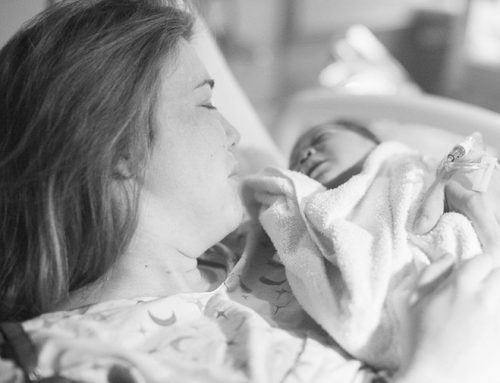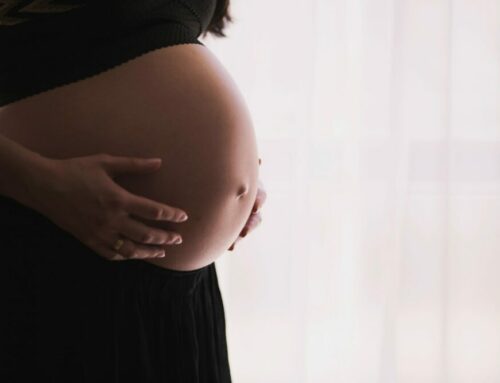Probing the neurophysiological mechanisms underlying sex-specific testosterone-mood relationships during puberty: A randomized controlled trial using a smartphone-based training program
2023 Award: $45,080
Female and male adolescents may respond differently to pubertal changes in testosterone. This study will examine whether brain activity associated with emotion regulation may link testosterone change with different symptom profiles. Further, we will test the effects of a smartphone-based training program on brain dynamics underlying emotion regulation and symptoms of depression – the first step in developing new intervention and treatment approaches for adolescent psychopathology.
Need/Problem: The pubertal transition marks an abrupt divergence between the sexes in rates of depression and other internalizing disorders in female adolescents, and externalizing disorders (i.e., attention-deficit/hyperactivity disorder (ADHD)) in male adolescents. The COVID-19 pandemic has further widened the gender gap in adolescent mental health, with a concerning escalation in depression, anxiety and suicide attempts in female adolescents. A differential effect of sex hormones (e.g., testosterone) on symptom expression may underlie these sex differences in adolescent psychopathology.
Grant Summary: For the first time, the present study will examine sex differences in the neurophysiology underlying mood sensitivity to weekly changes in testosterone in at-risk peripubertal male and female adolescents. Additionally, we will use a smartphone-based training program (Healthy Minds Program), designed to improve emotion regulation and coping skills, to test neural correlates of emotion regulation as a target mechanism underlying the relationship between testosterone change and psychological symptoms during the pubertal transition.
Goals and Projected Outcomes: This study has two primary objectives: 1) identify sex-specific neural and endocrine features of the pubertal transition that may mediate the translation of sex hormone flux into affective symptoms, and 2) identify early risk factors and potential treatment targets for adolescent psychopathology during a critical window for intervention efforts. The central hypothesis is that greater testosterone change will be associated with greater EEG correlates of emotion regulation (theta), and that this oscillatory profile of dysregulated emotional processing may link testosterone change with internalizing symptoms (depression, anxiety) in female adolescents and externalizing symptoms (irritability) in male adolescents. Further, the 4-week mobile training program versus a waitlist control is expected to beneficially modify emotion regulation and underlying EEG correlates and reduce depressive symptoms.

Elizabeth Andersen, PhD
Grant Details: 30 male and 30 female peripubertal adolescents (ages 11-14) with at least moderate depressive symptoms will be enrolled in an 8-week study. Participants will provide weekly salivary testosterone and mood measurements for the duration of the study and will be randomized to either a 4-week smartphone-based training program (n=40) or a waitlist control (n=20) to test engagement of the target mechanism (frontal-mediated emotion regulation). EEG tasks assessing emotion regulation will be administered at baseline, and 2 and 4 weeks after the initiation of the training program/waitlist condition.





